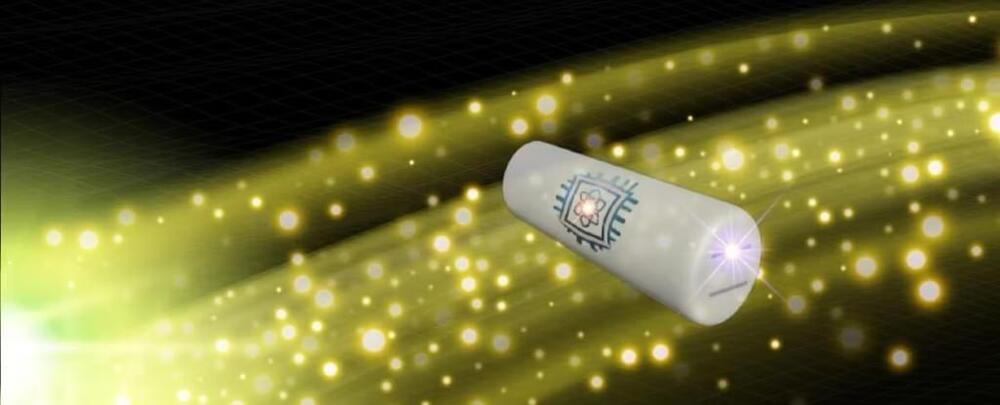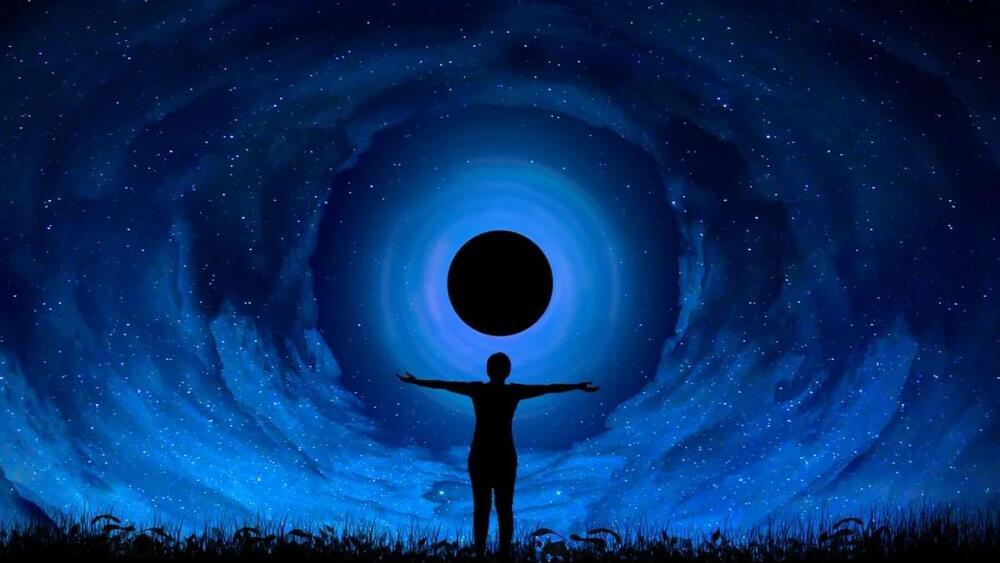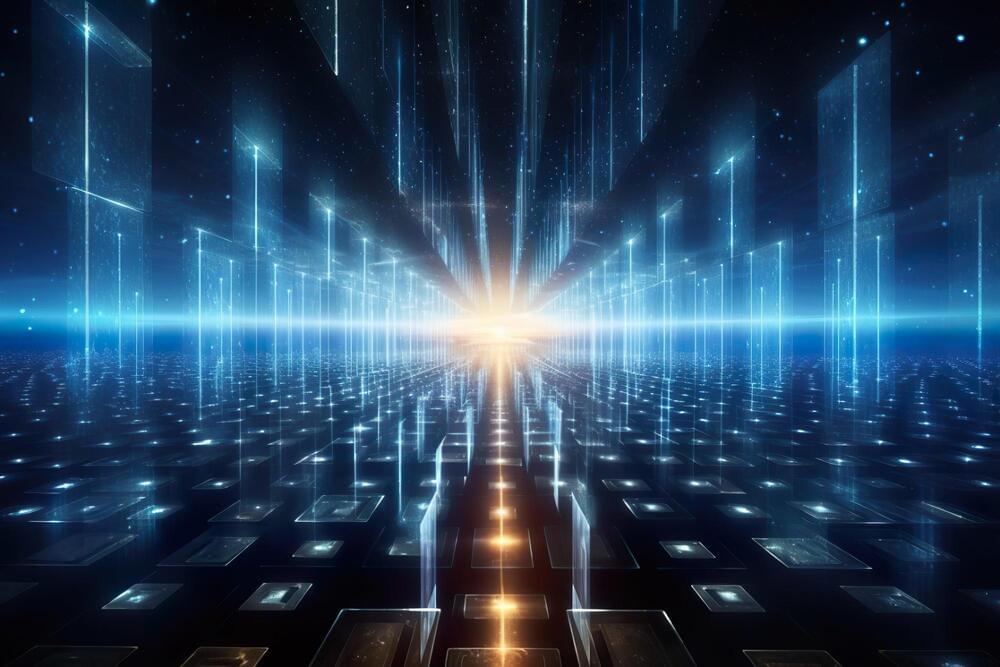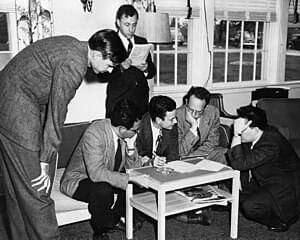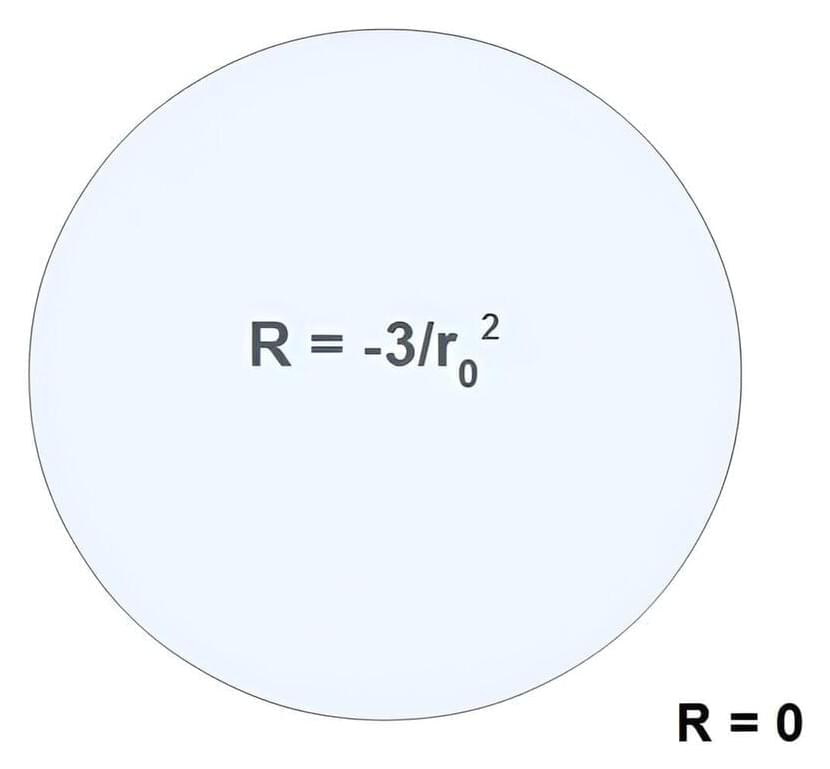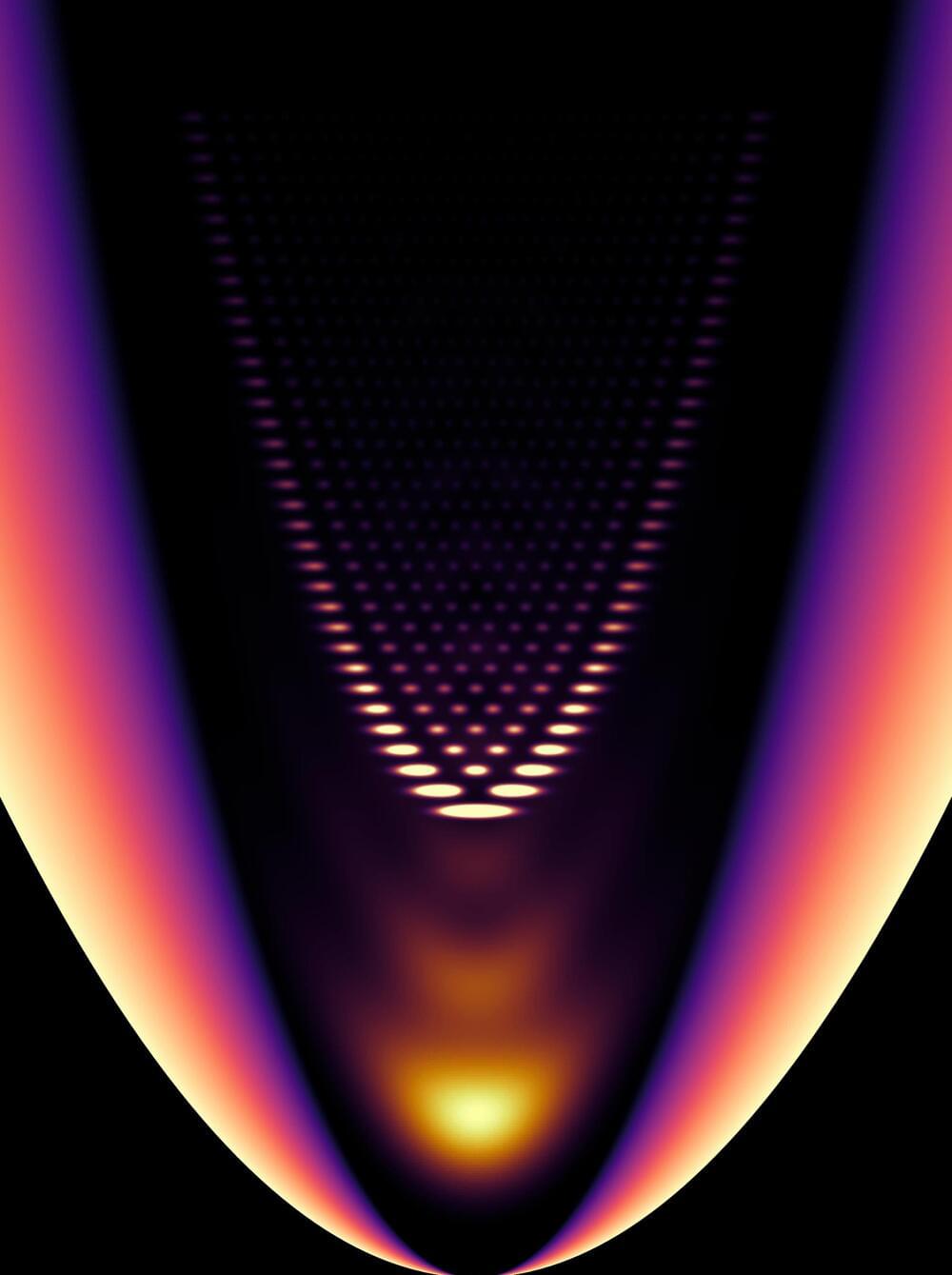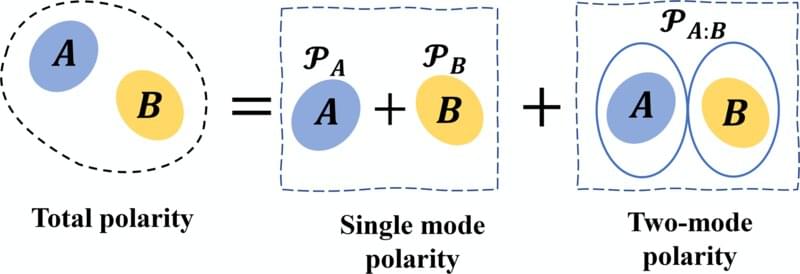Sep 9, 2024
Retrocausality: Cause After Effect
Posted by Dan Breeden in categories: media & arts, quantum physics
If you love card games, definitely check out Doomlings. Click here and use code ISAAC20 to get 20% off of your copy of Doomlings! https://bit.ly/IsaacDoomlings.
Could something in the future alter the past, so that effect came before cause? Does quantum mechanics truly allow this, as often hinted?
Join this channel to get access to perks:
/ @isaacarthursfia.
Visit our Website: http://www.isaacarthur.net.
Join Nebula: https://go.nebula.tv/isaacarthur.
Support us on Patreon: / isaacarthur.
Support us on Subscribestar: https://www.subscribestar.com/isaac-a…
Facebook Group: / 1583992725237264
Reddit: / isaacarthur.
Twitter: / isaac_a_arthur on Twitter and RT our future content.
SFIA Discord Server: / discord.

